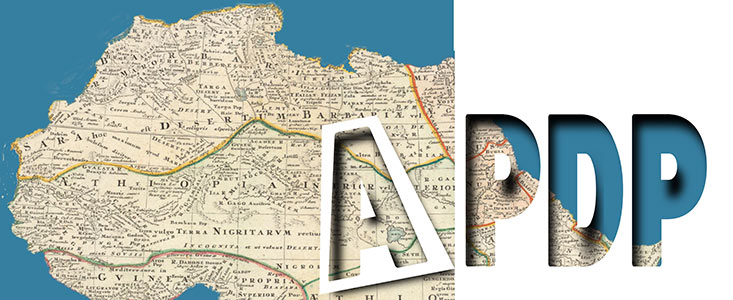A Survey of African Poetry in the London Times, Sunday Times, Financial Times, the Times Literary Supplement 1865-1985
Change from below (1992-03-27)
Type
Critical ArticlePublished
1992-03-27The Times Literary Supplement
Authors (1)
Omaar, RakiyaCitation
Excerpt
The determination of many autocratic rulers of independent African countries to limit freedom of expression has stunted intellectual development within their countries, degraded the quality of debate on national issues and forced many of Africa's most gifted writers into exile. In some cases, exile has nurtured creativity, giving writers the political space to reveal the disparity between official rhetoric and reality. But to many it has not been kind... Okot P'Bitek, the Ugandan poet, is not the only one who, lacking a connection to the society he longed to write about, drank himself to death... In some instances, though, the elaborate repressive apparatus of the state has stimulated creativity by compelling writers to develop subtle and imaginative ways of bypassing censorship. Jack Mapanje, Malwai's best-known poet, who was released in May last year after three-and-a-half years' detention without charge or trial, believes that the draconian measures taken by the Malawi Censorship Board may have inadvertently caused him to write better poems. However, another Malawian poet, Frank Chipasula, found that fear of informants took a heavy toll on his work...
Related Events (1)
Related People (12)
- P'Bitek, Okot | Poet
- Mapanje, Jack 'John Alfred Clement' | Poet
- Chipasula, Frank Mkalawile | Poet
- Hadrawi, Mohamed Ibrahim Warsame | Mentioned Poet
- Omaar, Rakiya | Critic
- Omaar, Rakiya | Article Author
- Themba, Daniel Canodoce 'Can' | Writer
- Matshikiza, Todd | Writer
- Mphahlele, Ezekiel 'Es'kia' | Writer
- Sassine, William | Writer
- Mikanza, Nobert Mobyem | Writer
- Toure, Ahmed Sekou | Politician
Tags (8)
Repositories (1)
- The Times Literary Supplement


